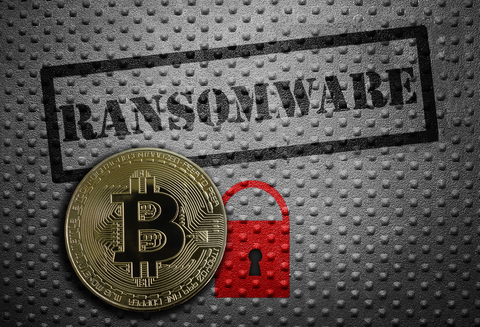

December 1, 2021
Local governments may figure they are too small to be a ransomware target. However, they are the perfect size because of the value of the data they hold, such as personally identifiable information (PII) in tax records or the disruption hackers can cause by locking down a 9-1-1 system or bringing down an election system. Ransomware is the primary way municipal assets are attacked.
Not only is the number of attacks growing exponentially (studies show that between 2018 and 2019, known attacks on local governments rose 58.5%), but the ransom demand rose from a monthly average of $30,000 to nearly $500,000 within the past few years. Even when cities don’t pay, the recovery costs can be staggering. For instance, the 2019 ransomware attack on Baltimore cost the city more than $18 million in damages in remediation.
Municipalities can take these three simple steps to help mitigate ransomware attacks:
As hackers become more sophisticated, municipalities must also adopt cybersecurity approaches, including detection and response, should an attack occur. Our upcoming blogs will focus on evaluating and improving your cybersecurity posture and steps to take if an attack does occur. Remember, your cybersecurity is only as good as your weakest link. Dewpoint is here to help you identify and mitigate your risks. Contact us today to find out ways to increase your security posture